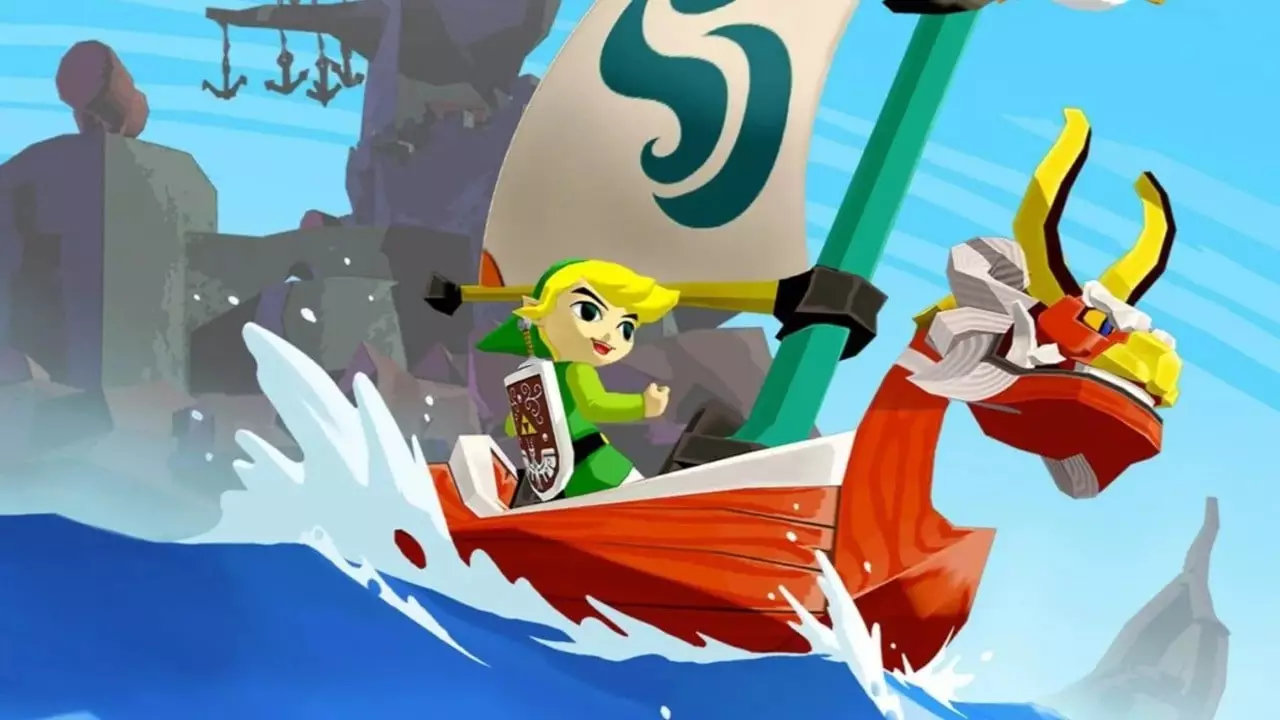As the boundaries between video games and film continue to blur, Nintendo has found itself navigating this burgeoning realm with excitement and trepidation. The announcement of a live-action Zelda movie, directed by Wes Ball with input from the legendary Shigeru Miyamoto, has sparked considerable interest among fans. This endeavor not only opens doors for more adaptations from Nintendo’s beloved franchise but also raises questions regarding the future direction of such projects. With Sonic 3 movie writers Pat Casey and Josh Miller expressing their enthusiasm for the iconic GameCube title Wind Waker, we can only wonder how such adaptations could expand the cinematic universe of gaming.
Wind Waker has always held a unique place within the Zelda series, thanks to its distinctive cel-shaded art style and charming storytelling. Casey and Miller, recalling their experiences with the game, suggest that its cinematic quality and narrative depth make it a prime candidate for adaptation. They acknowledge the risks involved in choosing Wind Waker over more traditional titles steeped in Hyrule lore, but their insistence on its cinematic potential hints at a nostalgic desire to breathe new life into a beloved classic. Rather than simply rehashing past stories, adapting Wind Waker could offer fresh narratives that blend the fantastical elements of gaming with the nuances of film storytelling.
While Wind Waker has their focus, Casey and Miller have also set their sights on other titles like Golden Axe and A Boy and His Blob, showing a clear interest in diverse experiences within the gaming landscape. This variety could broaden the appeal of video game adaptations, engaging audiences who may not be familiar with franchises beyond Nintendo’s flagship games. Such an approach could lead to inventive, engaging films that capture the spirit of their source material while reaching out to a new audience.
The timing of these adaptations is equally crucial. With the robust reception of Marvel and DC films, the film industry is ripe for successful adaptations of other beloved properties, particularly video games. However, tremendous caution needs to be exercised, as poor adaptations in the past have resulted in disappointment among loyal fans. The upcoming Zelda movie seems to position itself as a cornerstone for this trend, but it also sets a challenging precedent for subsequent adaptations. Fans will undoubtedly weigh their expectations heavily on the success of this initial project.
Ultimately, whether audiences are ready for multiple interpretations of Nintendo classics depends on how well the initial projects resonate. The synergy between passionate filmmakers and devoted fans is crucial in creating adaptations that honor the source material while exploring untapped creative avenues. As we anticipate the upcoming Zelda film and ponder the potential for a Wind Waker adaptation, the future of Nintendo on the silver screen promises to be exciting, provided that innovative storytelling is prioritized over mere fan service. In an era where nostalgia reigns supreme, it will be intriguing to see how far filmmakers are willing to go to bring these beloved games to life in new and meaningful ways.


Leave a Reply